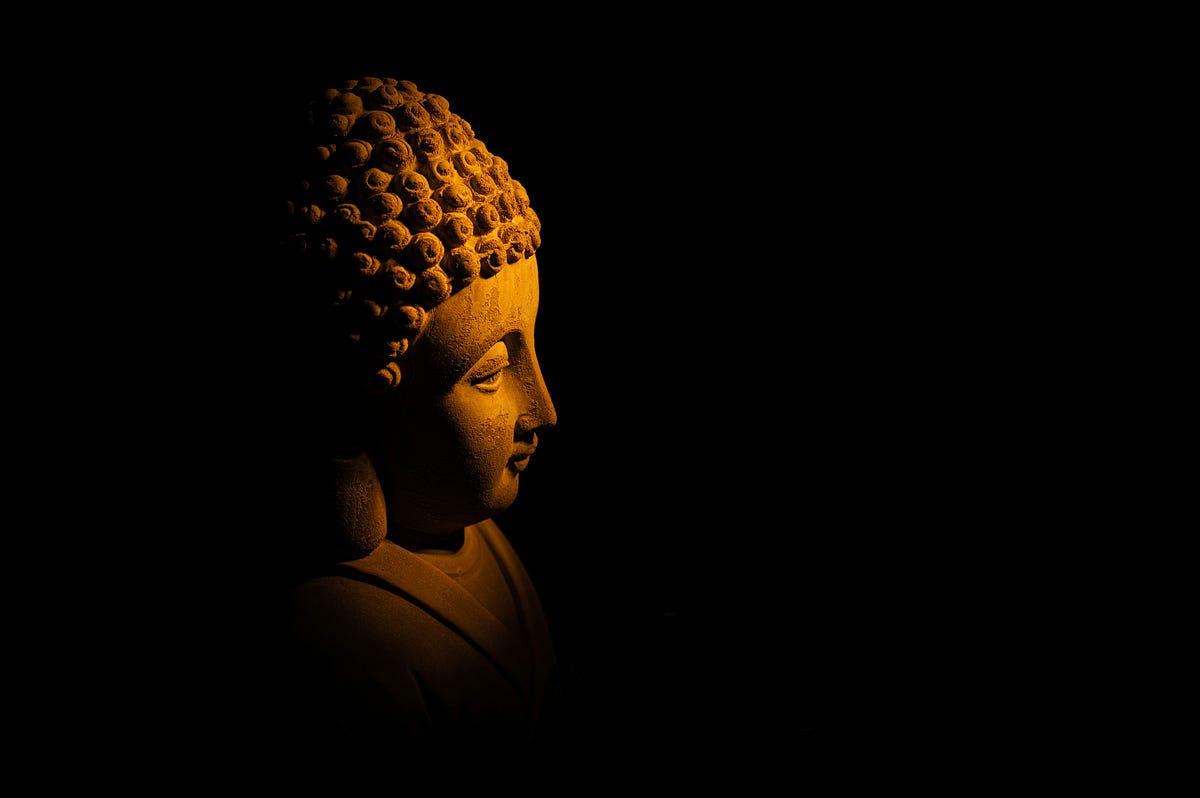**Spirituality: My Spiritual Path Has Been Quite a Wild Ride**
I wasn’t exactly raised in a Buddhist family. Let’s begin with some background for clarity.
In 1965, my homeland of Indonesia experienced a coup orchestrated by the Communist Party of Indonesia. The coup ultimately failed, as General Suharto swiftly put an end to it.
Following any unsuccessful coup, the aftermath was grim. Communists were hunted down and slaughtered across the nation. And the ‘hero’ who saved Indonesia was soon rewarded; General Suharto ascended to the presidency.
In order to avoid a repeat of such an event, Suharto ruled with a heavy hand, particularly against anything he deemed ‘communist’. To him, the closest communist powerhouse was (and remains) China, leading to a ban on Chinese culture. Chinese Indonesians were prohibited from adopting Chinese names, learning Mandarin, celebrating Chinese festivals, and most significantly, practicing atheism.
As a Muslim, Suharto would recognize a religion only if it had a worshipped God Almighty, a Prophet, a scripture, and established teachings. This led to anxiety among Buddhists. The Buddha was labeled as the Prophet, the Tripitaka was defined as the scripture, and the Dhamma as the teachings. But the question remained: who is the God Almighty?
Leading Buddhist figures and monks gathered and determined that the term Sang Hyang Adi-Buddha would be Buddhism’s God Almighty. It is said that this term was discovered in ancient texts by Bhante Ashin Jinarakkhita, Indonesia’s first modern Buddhist monk, and it refers to a primordial Buddha. This decision faced opposition from various Buddhist organizations worldwide, but given the circumstances, there seemed to be no alternative; it was essentially submit and survive or face extinction.
What followed is rather heartwarming. To shield existing Chinese folk religions from being banned by Suharto, Buddhism embraced them under its umbrella. Confucianism, Taoism, and Yiguandao all identified themselves as Buddhism.
And this concludes our historical overview.
I was born into a Yiguandao family. However, my mother was a Catholic before she married. Thus, I mainly looked to my father and paternal grandmother for guidance in religious matters.
In summary, I cannot claim that my father served as a positive role model, particularly in everyday life. I became part of what is now referred to as the fatherless generation. During high school, tensions peaked. It became a battleground of my father against everyone else in my immediate family (me, my mom, and my younger sister).
I haven’t seen my father in person since leaving the city for college, which means it’s been around 6 years. My mother and sister have also recently relocated. We now live in proximity, attempting to start anew. Essentially, I’m residing in a family that feels broken in every sense except legally.
Unsurprisingly, this family circumstance led me to question my faith. My father is a zealot. Attending the temple every Sunday was obligatory, and being vegetarian, in line with Yiguandao beliefs, was imposed on me from childhood without a coherent explanation as to why it was necessary.
It didn’t help that the Yiguandao community in Indonesia seems largely uncertain about the identity they wish to project. Suharto has long passed, and the prohibitions against anything Chinese have been overturned by his successors. Still, they cling to the narrative that they are a faction of Buddhism. I believe another reason for this attachment is that Yiguandao primarily venerates Bodhisattva Maitreya, regarded as the future Buddha, which conveniently aligns with the Buddhist narrative.
This muddled religious identity, combined with my desire to avoid emulating my father—a devout man—steered me away from Yiguandao. In my mind, I distanced myself from Buddhism because Yiguandao was the only branch I had ever known.
Oh, and I almost forgot to add!
I have only ever attended Catholic educational institutions. Why? Well, those schools are the finest in my city. Therefore, aside from Yiguandao followers, I encountered no other Buddhists. Fortunately, college changed that dynamic.
Since I am officially recognized as a Buddhist, the Buddhist students at my campus welcomed me during orientation. I was initially hesitant; the stigma of ‘Buddhism is bad’ was still deeply ingrained in me. Nevertheless, my new friends received me warmly and ignored the fact that I was technically not a Buddhist. Even as I pen this narrative, I reflect on why I accepted their open arms.
